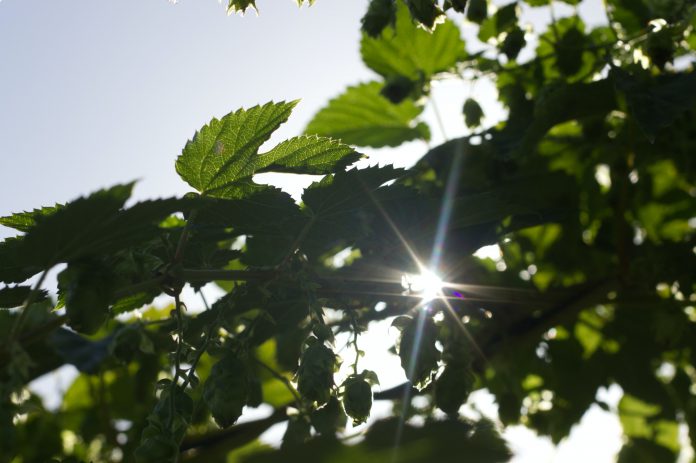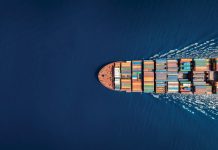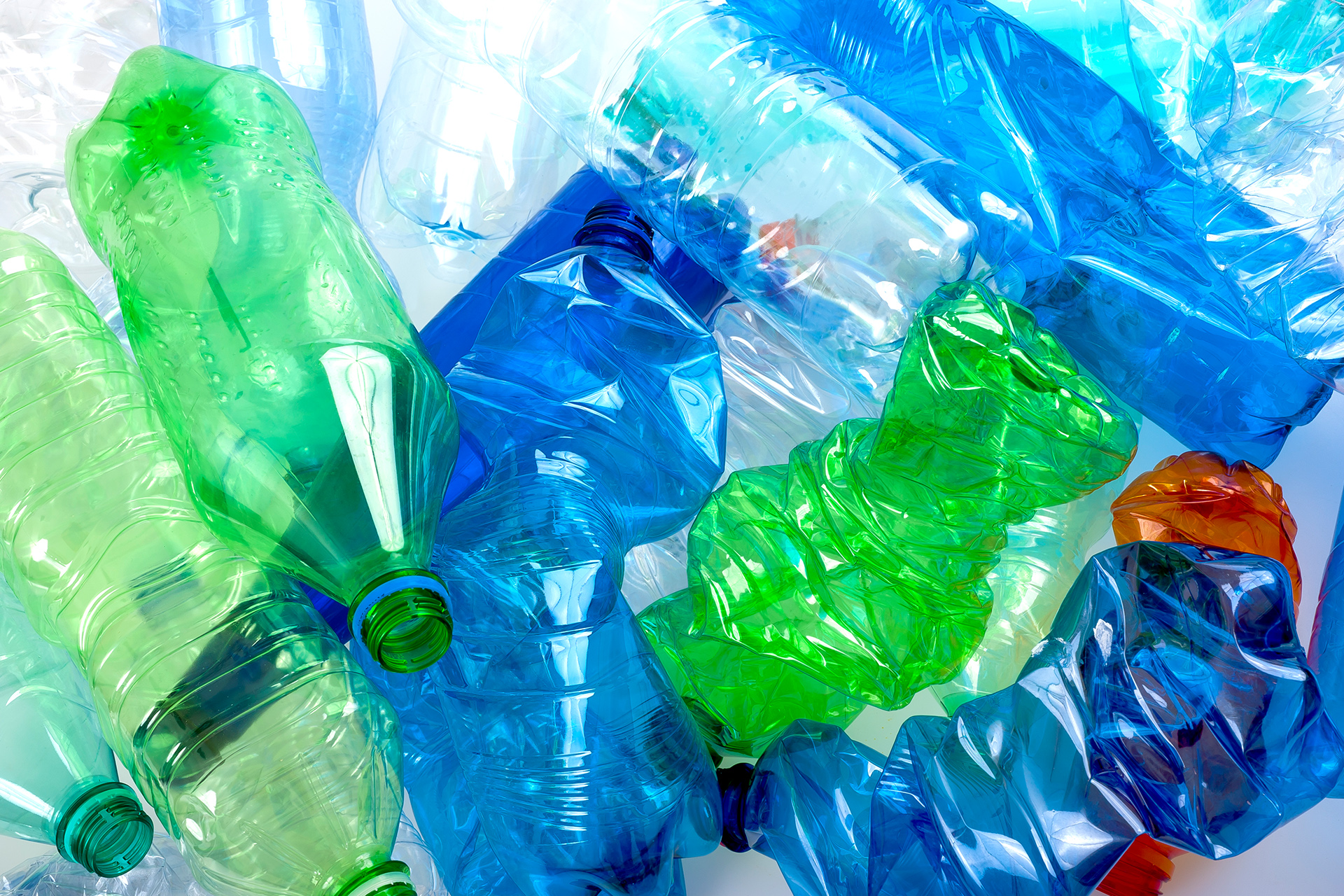
Everyone loves dolphins. I was reminded of that the other day when I listened to the founder of the Australian Marine Mammal Foundation, Dr Kate Robb speak. It’s this love of dolphins, oceans and a growing awareness of the impact that we have on our environment that is driving changes in the way consumers and our customers view plastic.
Plastics are a part of our everyday life; they are convenient and used in many applications. Many single-use plastics aren’t recyclable so end up in landfill and if used outside of the home unfortunately they can sometimes become litter.
In the environment, plastic waste breaks up into smaller fragments and takes a long time to break down, if at all. They then can pose a major threat to marine life and be unsightly on our beaches.
To address the issues associated with some plastics, the Australian government is implementing a national waste plan, that includes a target to ‘phase out problematic and unnecessary plastics by 2025’.
To deliver the targets, Australia and New Zealand governments have introduced on-going legislations that prohibits the sale, supply and distribution of certain single-use plastic products and establishes a framework for adding other products in the future.
Each State and Territory may have a slightly different take on which plastics need to be banned but there are some themes. Single use plastic straws, cutlery and stirrers are out for most States and Territories; foam cups, bowls, plates and clamshell containers are also on the hit list for some and plastic plates and bowls for others.
We need to remember though, that not all plastic is bad. Some plastic can be recycled, some is necessary for food safety to ensure hygiene, and some is used more than once. These types of useful plastics aren’t usually the ones that consumers are concerned about and they’re certainly not the ones that the government wants to phase out.
With looming legislation and consumer sentiment to avoid some plastic products we are seeing that many customers are transitioning their ranges already. Some are transitioning away from problematic single-use plastics, whereas others are choosing to avoid plastic altogether. We also see that many customers are choosing paperboard or bagasse products over plastics to meet consumer preferences in their markets.
Bunzl is taking a proactive approach to the banning of some single-use plastics. As a global business, we have experienced single-use plastic bans in other markets that we operate in, such as the UK and Europe; and in Australia, we are now drawing upon that experience to work with our customers and suppliers towards a more sustainable approach.
Our sourcing team are working with our suppliers to ensure our range meets any of the requirements – first and foremost to transition from problematic single-use plastics but also to offer products that support a circular economy, such as those containing recycled content, made from renewable materials, that are recyclable or compostable. Where no suitable product exists, we search for a more sustainable solution.
Plastic pollution is at the forefront of many consumers minds. Our oceans are important, and so are the marine life that live there. The ocean is home to up to 80 percent of all life in the world; and regulates our climate.
Working together we can reduce the impact some plastics are having on our oceans and ocean wildlife, by finding suitable alternatives, promoting recycling and reducing litter. I’m certainly thrilled to be a part of the transition journey, helping our customers to improve the sustainability of their range and reduce their impact on the environment.









